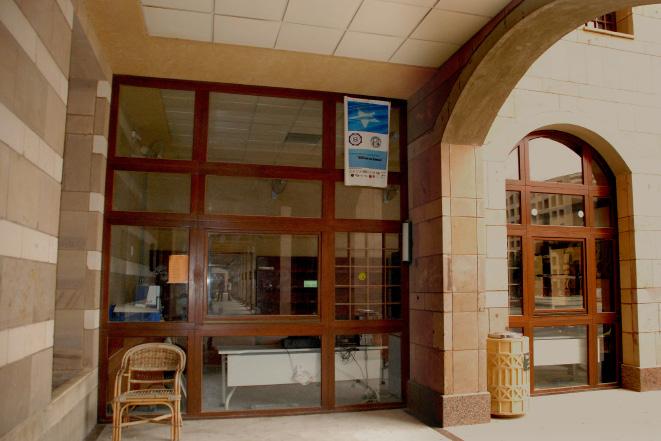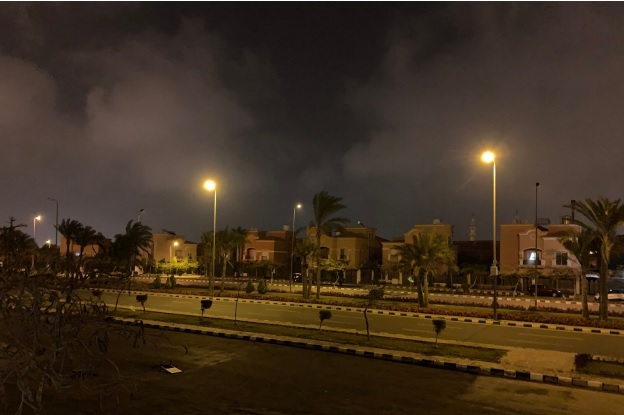GERD: Egypt, Ethiopia and Sudan Yet to Reach Compromise
![Ethiopian Minister of Water and Energy Motuma Mekasa said that the GERD will not harm Egypt’s water supply. [Shousha]](http://www.auccaravan.com/wp-content/uploads/2015/11/nile-e1446884609606.jpg)
@HAMIDMAHMOUD12
SENIOR POLITICAL WRITER
The ninth Grand Ethiopian Renaissance Dam (GERD) meeting between Egyptian, Ethiopian and Sudanese irrigation ministers in Cairo was concluded with all parties budging little on their positions.
The irrigation ministers met on November 7 and 8 to reach a common guideline for the French company (BRL Engineering) and Dutch consulting firms (Deltares) working on providing technical data about the massive project to the aforementioned governments.
The technical data to be provided and agreed upon by the consulting firms includes a study on the effects of the dam on the water quota for Egypt and Sudan.
Another study examines the environmental, economical and social effects of the dam.
Ibrahim Elnur, chair of the political science department at AUC, told The Caravan that the current talks point to the “erosion of the structural foundation of the 1959 bilateral agreement between Sudan and Egypt.”
The construction of dams and related projects may be in violation of the 1929 Nile Basin Agreement because they might restrict the volume of water reaching the downstream countries – chiefly Egypt and Sudan.
The 1929 agreement assigned Egypt a share of 55.5 billion cubic meters and 18 billion cubic meters for Sudan. In 1959, another agreement was reached following the July 26 revolution.
But African nations, which have gained independence from colonialism in the past six decades and have undergone population growth, say the agreement needs revising.
“It [The 1959 agreement] stated that if any of the other Nile basin countries demand a share of the water, Egypt and Sudan will divide the share between them,” said Elnur.
But he adds that population growth in Egypt – six times that of 1959 census figures – means that more Nile water is being used.
Global climate change, Elnur says, is also affecting the watersecurity in the region.
“Water tables in Lake Victoria [the principal reservoir for the Nile in Tanzania and Uganda] are going down because of protracted periods of dry seasons,” Elnur added.
He believes that GERD would ultimately have a negative impact on the share of water to Egypt and Sudan. The negative impact in Egypt would be more pronounced since Sudan receives far more rainfall.
But in an interview with Al- Ahram in early November, Ethiopian Minister of Water and Energy Motuma Mekasa said that
GERD will not harm Egyptians. In the meantime, Elnur thinks that there is no other way to reach an agreement other than negotiations. “These are three big countries, and they can really cooperate and reach a political agreement that will reduce the losses of the three countries and create a win-win situation.”
Meanwhile, the three countries’ irrigation and foreign ministers will meet this week in the Sudanese capital Khartoum, for the 10th GERD meeting in hopes of reaching common ground.



